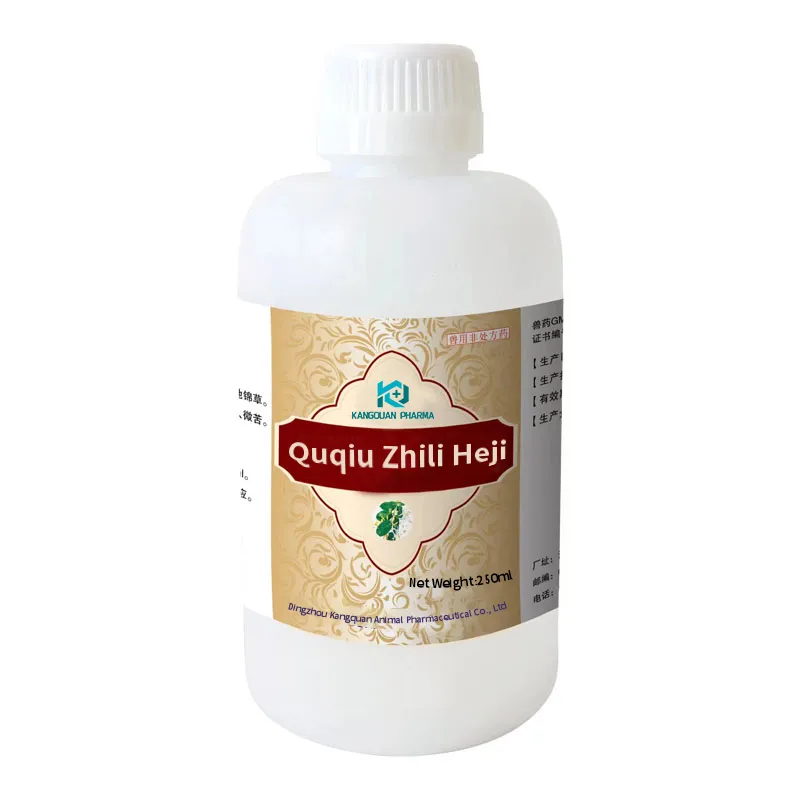- Afrikaans
- Albanian
- Amharic
- Arabic
- Armenian
- Azerbaijani
- Basque
- Belarusian
- Bengali
- Bosnian
- Bulgarian
- Catalan
- Cebuano
- Corsican
- Croatian
- Czech
- Danish
- Dutch
- English
- Esperanto
- Estonian
- Finnish
- French
- Frisian
- Galician
- Georgian
- German
- Greek
- Gujarati
- Haitian Creole
- hausa
- hawaiian
- Hebrew
- Hindi
- Miao
- Hungarian
- Icelandic
- igbo
- Indonesian
- irish
- Italian
- Japanese
- Javanese
- Kannada
- kazakh
- Khmer
- Rwandese
- Korean
- Kurdish
- Kyrgyz
- Lao
- Latin
- Latvian
- Lithuanian
- Luxembourgish
- Macedonian
- Malgashi
- Malay
- Malayalam
- Maltese
- Maori
- Marathi
- Mongolian
- Myanmar
- Nepali
- Norwegian
- Norwegian
- Occitan
- Pashto
- Persian
- Polish
- Portuguese
- Punjabi
- Romanian
- Russian
- Samoan
- Scottish Gaelic
- Serbian
- Sesotho
- Shona
- Sindhi
- Sinhala
- Slovak
- Slovenian
- Somali
- Spanish
- Sundanese
- Swahili
- Swedish
- Tagalog
- Tajik
- Tamil
- Tatar
- Telugu
- Thai
- Turkish
- Turkmen
- Ukrainian
- Urdu
- Uighur
- Uzbek
- Vietnamese
- Welsh
- Bantu
- Yiddish
- Yoruba
- Zulu
des . 31, 2024 13:25 Back to list
what medication is used to treat worms in humans
Treating Worm Infections in Humans Common Medications
Worm infections in humans, often referred to as helminthic infections, can be caused by various types of parasitic worms, including roundworms, flatworms, and flukes. These infections can lead to a variety of health problems, from gastrointestinal disturbances to more severe systemic issues. Thankfully, several effective medications are available for treating worm infections, ensuring that those affected can regain their health and well-being.
Understanding Worm Infections
Worm infections can be contracted through contaminated food, water, or soil. Common types of worms include
1. Roundworms (Nematodes) These include species like Ascaris lumbricoides (giant roundworm), Enterobius vermicularis (pinworm), and Ancylostoma duodenale (hookworm). They can cause symptoms ranging from mild abdominal discomfort to severe malnutrition. 2. Flatworms (Cestodes) This category includes tapeworms such as Taenia saginata (beef tapeworm) and Taenia solium (pork tapeworm). These parasites can grow significantly in the intestines, leading to digestive issues and vitamin deficiencies.
3. Flukes (Trematodes) A common fluke is Schistosoma, which can affect the liver and other organs. Fluke infections can be challenging to diagnose and treat due to their complex life cycles and varied symptoms.
Popular Medications for Treatment
what medication is used to treat worms in humans

Several medications are commonly used to treat these infections, and their effectiveness varies based on the type of worm involved
1. Albendazole This broad-spectrum anthelmintic is widely used to treat a variety of worm infections, including those caused by roundworms and tapeworms. Albendazole works by inhibiting the growth and reproduction of the parasites, leading to their eventual death. It’s usually taken in one or a few doses, making it a convenient option for patients.
2. Mebendazole Similar to albendazole, mebendazole is effective against a range of intestinal worms, including pinworms and hookworms. It disrupts the worms' energy production, leading to their demise. Mebendazole is often given as a chewable tablet, making it accessible for children, who are often more susceptible to these infections.
3. Ivermectin This medication is particularly effective against certain types of roundworm infections, including strongyloidiasis and lymphatic filariasis. Ivermectin works by paralyzing the worms, allowing the immune system to eliminate them. It has also gained attention for its potential uses against other parasites and even some viral infections.
4. Praziquantel This is the treatment of choice for infections caused by flukes and certain tapeworms. Praziquantel acts by causing severe spasms and paralysis of the parasites’ muscles, ultimately leading to their death. It is usually administered as a single dose or over a couple of days, depending on the specific infection.
Conclusion
Worm infections can pose significant health risks, but they are largely treatable with the right medications. Without treatment, these infections can lead to chronic health issues, including malnutrition and impaired growth in children. It is crucial for individuals who suspect they might have a worm infection to seek medical attention promptly. Diagnosis typically involves stool tests or examinations, leading to an appropriate treatment plan. Public health measures, such as improving sanitation and education about hygiene, can also help prevent the spread of these infections, ensuring healthier communities worldwide.
-
Guide to Oxytetracycline Injection
NewsMar.27,2025
-
Guide to Colistin Sulphate
NewsMar.27,2025
-
Gentamicin Sulfate: Uses, Price, And Key Information
NewsMar.27,2025
-
Enrofloxacin Injection: Uses, Price, And Supplier Information
NewsMar.27,2025
-
Dexamethasone Sodium Phosphate Injection: Uses, Price, And Key Information
NewsMar.27,2025
-
Albendazole Tablet: Uses, Dosage, Cost, And Key Information
NewsMar.27,2025













